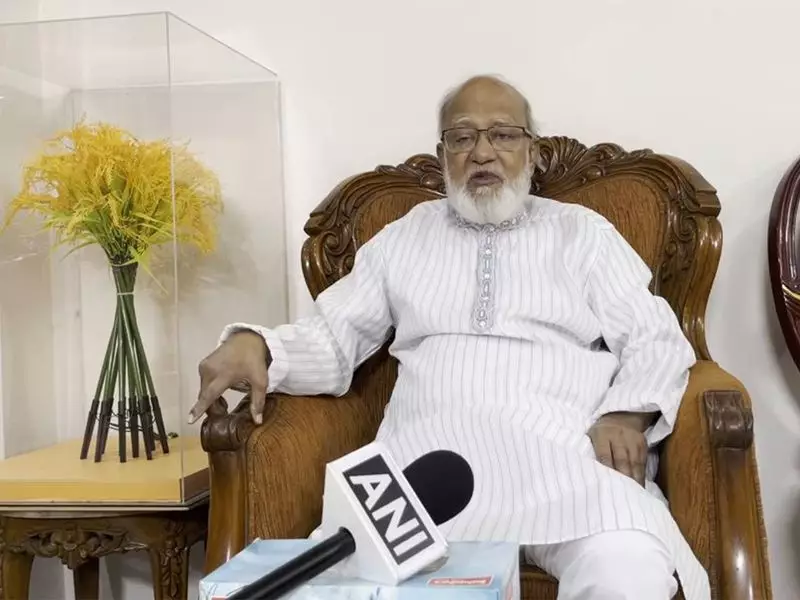
In a significant development that could reshape Bangladesh's political landscape, senior Bangladesh National Party (BNP) leader Khandaker Mosharraf Hossain has made a bold announcement about the party's acting chairman Tarique Rahman.
The exiled BNP leader will soon return to his homeland, according to Hossain's statement made during a recent party event. This revelation comes as a powerful message to both supporters and political opponents alike.
Political Homecoming After Years in Exile
Tarique Rahman, the elder son of BNP chairperson and former Prime Minister Khaleda Zia, has been living in London for years following his conviction in multiple cases. His potential return marks what could be a turning point for the opposition party that has been struggling to regain political momentum.
Khandaker Mosharraf Hossain, a respected figure within the BNP hierarchy, expressed confidence that Rahman's homecoming would inject new energy into the party's activities and organizational structure. "The day is not far when Tarique Rahman will return to the country," Hossain declared emphatically.
Legal Challenges and Political Implications
The announcement comes despite the legal hurdles Rahman faces back home. Having been convicted in several cases, including the high-profile Zia Orphanage Trust corruption case, his return would undoubtedly create significant legal and political waves.
Political analysts suggest that this move could be part of a broader strategy to revitalize the BNP ahead of future elections. The party has been demanding neutral interim governments to oversee polls, claiming that elections under the current administration would be unfair.
BNP's Renewed Confidence
Hossain's statement reflects growing confidence within BNP ranks about their political prospects. The senior leader also took the opportunity to criticize the current Awami League government, accusing them of various failures in governance and economic management.
The timing of this announcement is particularly noteworthy, as Bangladesh continues to navigate economic challenges and political tensions. Rahman's potential return could either bridge political divides or deepen existing fractures within the country's political framework.
As the situation develops, all eyes remain on how this political drama will unfold and what impact it will have on Bangladesh's democratic process and international relations.





